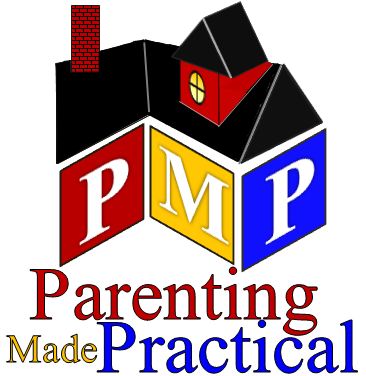
Parents often look at their kids and wonder what they are thinking about. Which of us haven’t wished for the gift of mind-reading when it comes to our kids?! You have given your kids consequences for misbehavior, yet they repeat the offense again and again. You wonder if they think you are going to overlook it this time, or if they like pain, or if the consequence wasn’t tough enough and so on. In your mind, they do what they are supposed to do and make wise choices and they get the blessing of earned freedoms and rewards…they don’t, and they get the pain of consequences and your disapproval. Seems simple enough, doesn’t it?
SO, JUST WHAT ARE YOUR KIDS THINKING ABOUT?
Let’s look at what they SHOULD be thinking about. Many times we think of the teachings in the Bible for us as adults, but it is in the “Instruction Book for Life” on how we are to raise our kids! Philippians 4:8 is a terrific verse we should be drilling down deep and planting in the hearts of our kids.
“Finally brothers, whatever is true, whatever is noble, whatever is right,
whatever is pure, whatever is lovely, whatever is admirable –
if anything is excellent or praiseworthy
– think about such things.”
There are eight key words in this verse that should be what your kids are thinking about!
True…Noble…Right…Pure…Lovely
Admirable…Excellent…Praiseworthy
Can your kids even define these terms? Sounds like this would make a great Family Night project! Then ask them (and you) to pick 1 and write down one way they can work on it that week. Decide on a night to talk about the progress each of you has made during dinner the next week. On the other hand, you and your spouse should pick one each child struggles with, and make a plan on how you are going to train them in that.
For a biblical principle to stick with your child, you have to plant it in his heart so when he has to make a decision that would use this principle, his mind can reach down and grab it so he makes a wise choice. Too often we talk to our kids, but we do not teach or train our kids.
You can throw watermelon seeds on the ground and hope and pray some of them grow and mature. Or you can take the time to plant them. It takes little effort to open a package and toss seeds wherever they land. To plant them means getting tools out, finding the best spot, digging up the ground, making mounds for the seeds to sit in with a water trench around the mound, fertilizing them and watering them consistently so they will bear ripe fruit. That’s the difference between talking and teaching.
Training your kids has 3 parts.
- Teach them by giving them information and telling them WHY they need to apply it.
- Work with them to show them HOW to use this information and model it for them.
- Hold them ACCOUNTABLE for doing it, which means giving them consequences when they don’t.
This is how you plant the Word of God down deep in your kids’ hearts. By showing them how to put a biblical principle into practice, when it comes time for them to make a decision, they will know what to do. They will know HOW to keep their thoughts on the right track. Keeping your kids thoughts pure and holy is not something you do just once, but throughout the entire time they live in your home. When they leave home they will know what to do, because you helped them think through what is true, and noble, right, pure, lovely admirable, excellent, and praiseworthy”
Helping your kids develop and cultivate right thinking will definitely change their focus and attitude about things. Have you ever noticed when they make unwise choices they are thinking about themselves? The eight things to think on from Philippians 4:8 are others-focused. This fits in perfectly with Jesus’ teaching, “Love others just as much as your love yourselves.”
When our kids made a decision that focused on themselves, we would ask them, “Who are you thinking of right now?” They had no other answer but to say, “Me.” If they had a teachable heart, when we followed this up with the question, “Who should you be thinking of right now?” we got the response of “my sister” or whoever or whatever they should have been focused on. If they weren’t teachable, you have uncovered ground you need to get the gardening tools out for and begin cultivating your child’s heart to begin thinking rightly.
This is how we trained our kids to keep their thought processes on “…whatever is true, whatever is noble, whatever is right, whatever is pure, whatever is lovely whatever is admirable – if anything is excellent or praiseworthy – think about such things.”
